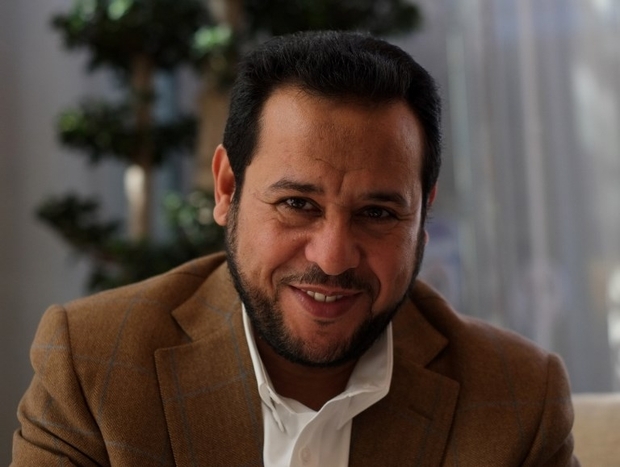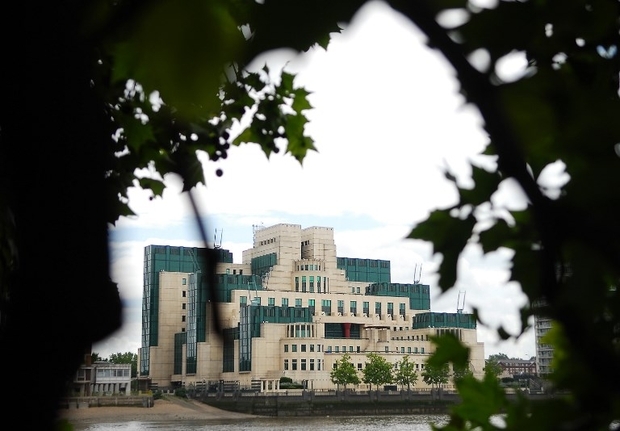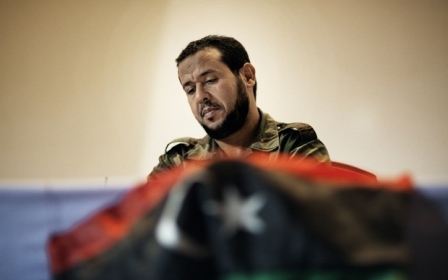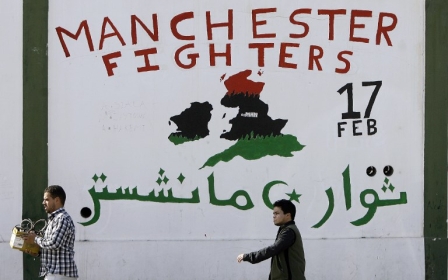Secrecy and cover-ups: The great British disease

Secrecy - it really is the great British disease. When I started out as an American lawyer in London, representing Guantanamo prisoners and survivors of CIA torture, I never imagined I’d receive more evidence by far in US courts from the Defense Department and CIA – the "folks" who actually tortured my clients – than ever I did in England from their erstwhile sidekicks in MI6.
Is this really about the safety of the realm, or is it more to do with embarrassment?
But so it has proven. In US courts, I‘ve watched videos of my client being force-fed. I‘ve walked judges through classified intelligence about rendition. Despite foot-dragging from the CIA, over time, official evidence of US torture has piled up. This autumn two ex-CIA contractors – psychologists who devised the torture programme – will stand trial in open court.
This, for all our brutality, is a mark in Americans’ favour. Excess gets exposed.
Sure, an inane squabble persists in the US: does torture work? Should we bring it back? But at least debate proceeds from a detailed public record. As President Obama said in 2014 when the Senate published over 50 pages about CIA torture: “When we make mistakes, we admit them.”
Avoiding culpability
The contrast with the CIA’s sister agency in the UK could not be starker. For years, MI6 and the UK government sought to paint themselves as unwitting partners in "rendition". There’s just one problem: they strenuously avoid any accounting of precisely who in the UK knew what about CIA torture, and when.
We saw yet another flare-up of this great, furtive disease in one of my UK cases this week – the kidnapping of Libyan dissident Abdul-Hakim Belhaj and his pregnant wife Fatima Boudchar.
Abdul-Hakim and Fatima are suing former foreign secretary Jack Straw, MI6’s Sir Mark Allen, and the government for their abduction, torture, and rendition to Libya. (They have also offered to walk away from the whole mess for a quid from each defendant and an apology. But MI6’s allergy to remorse, it seems, runs as deep as its addiction to secrecy.)
This week, the government has asked the High Court to have a secret trial, excluding the victims, making an application under the highly controversial Justice and Security Act.
Parliamentarians as diverse as Jeremy Corbyn and David Davis lined up against the secret courts law when it was passed. This hasn’t shamed the government out of telling the court that any open trial of these facts will cause grievous harm to national security.
The sorriest episode
If the government request succeeds, Abdul-Hakim and Fatima will be shut out of their own trial. So will I and the rest of their legal team. Is this really about the safety of the realm, or is it more to do with embarrassment?
Even the most red-clawed hawk would flinch at the facts: MI6 helped arrange the seizure of Fatima, a blameless pregnant woman, and her husband, a senior Gaddafi opponent, and their delivery into the clutches of CIA kidnappers. Shortly thereafter, the pair were "rendered" to Gaddafi’s goons. From the British perspective, Abdul-Hakim and Fatima’s case may be the sorriest episode to emerge from the "War on Terror".
It’s hard to square the government’s claims about damage to national security with reality. The facts of the case have been public for years. After 9/11, UK policy on Gaddafi changed. Almost overnight, he went from being a sponsor of murder and mayhem – Lockerbie, PC Yvonne Fletcher – to someone we could do business with.
And so MI6’s counterterrorism chief Sir Mark Allen negotiated the “deal in the desert” – striking a bargain with Gaddafi to give up his weapons programmes. This gave the government a badly needed intelligence coup after the botched Iraq WMD fiasco. But the deal had a secret part: the abduction and "rendition" of Belhaj and his heavily pregnant wife, to be tortured in Libya.
Nothing left to conceal
We know this because in 2011, after the UK helped to knock Gaddafi’s regime over, documents proving the operation were found in the abandoned offices of Moussa Koussa, Gaddafi’s spy chief. In the intervening years, my Reprieve colleagues and I did further fieldwork in Libya, unearthing more evidence.
With ‘deal in the desert’ documents practically lining bird cages in Tripoli and CIA psychologists due to go on trial, what is the final scrap that needs protecting in the UK?
Today we know more about the mechanics of this operation than perhaps any other in the entire "War on Terror". We have the names and passport details of the rendition crew. We know identities of the British interrogators. We know who ran the confidential source that passed the intelligence about Abdul-Hakim and Fatima’s location to the UK, which the UK passed onto the CIA and Libyans. We even have the receipts for the fuel paid in Libya to fill up the rendition jet before the kidnap crew went on to Palma de Mallorca for R&R. What is left to conceal?
In the case, MI6 is pretending as if this public record – on Gaddafi, torture, and the rest – simply did not exist. They insist any public trial of these issues will do grievous harm to the safety of the realm. But with stomach-turning details about torture having been aired in the US, with the documents of the "deal in the desert" practically lining bird cages in Tripoli, and with CIA psychologists due to go on trial this autumn, what is the final scrap that needs protecting in the UK?
This attitude puts British justice into disrepute. The British fetish for secrecy reduces to total absurdity. One can only hope that the court will look across the Atlantic, and see that the British disease is pointless in this case. The Emperor has no clothes. Better to face up to the errors of the past, have an open trial, and never to repeat these errors again.
- Cori Crider directed the Abuses in Counter-Terrorism team at the NGO Reprieve from 2009-16. As a lawyer she has represented Guantánamo prisoners, victims of "extraordinary rendition," and survivors of drone attacks. She still represents the Belhaj family, and writes as a freelance journalist on the excesses of the national security state. Her writing appears in the Guardian, Reuters, Al Jazeera, the Independent, CNN, Newsweek, and the New York Daily News.
The views expressed in this article belong to the author and do not necessarily reflect the editorial policy of Middle East Eye.
Photo: Abdul-Hakim Belhaj earlier this year (AFP/Reprieve).
This article is available in French on Middle East Eye French edition.
Middle East Eye propose une couverture et une analyse indépendantes et incomparables du Moyen-Orient, de l’Afrique du Nord et d’autres régions du monde. Pour en savoir plus sur la reprise de ce contenu et les frais qui s’appliquent, veuillez remplir ce formulaire [en anglais]. Pour en savoir plus sur MEE, cliquez ici [en anglais].







